The Little Red Hen Method for Fighting COVID
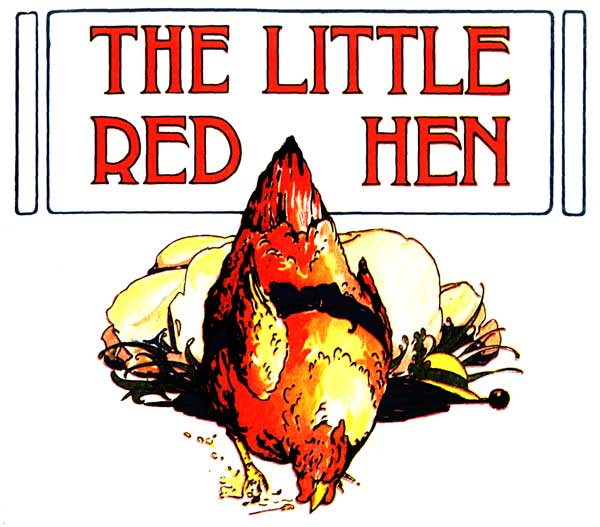
- Read more about The Little Red Hen Method for Fighting COVID
- Log in to post comments
Information: Empowered With, Fearful Without
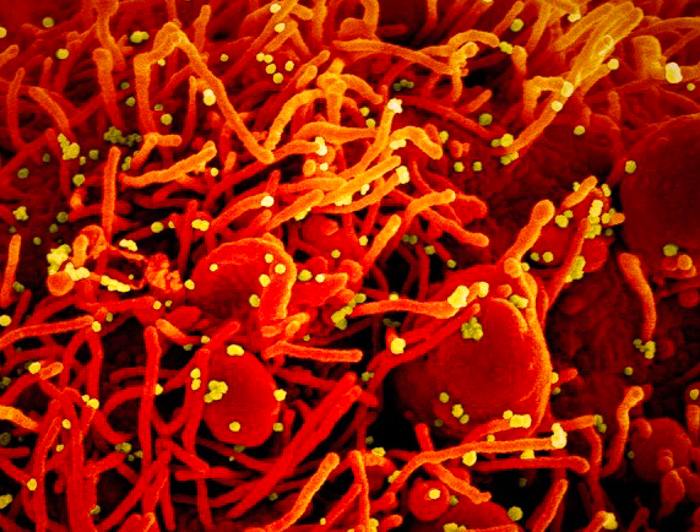
- Read more about Information: Empowered With, Fearful Without
- Log in to post comments
Editorial: Let's Protect Elderly & Disabled Tenants from COVID-19
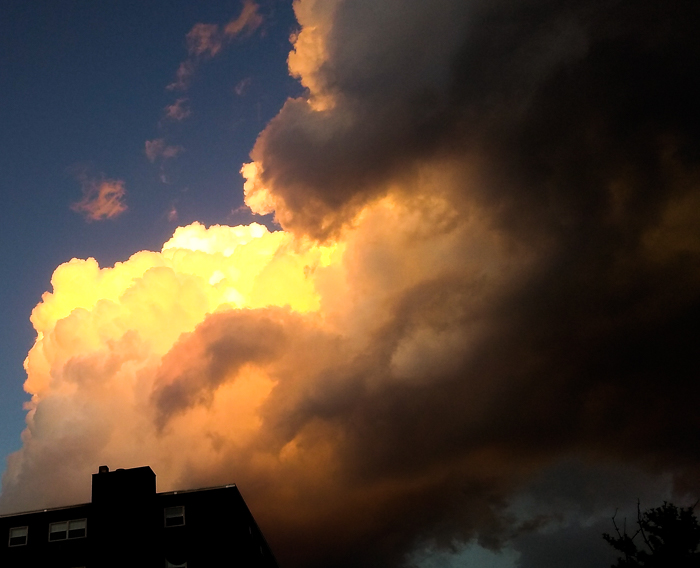
Open Letter: Preventing COVID-19 in Housing
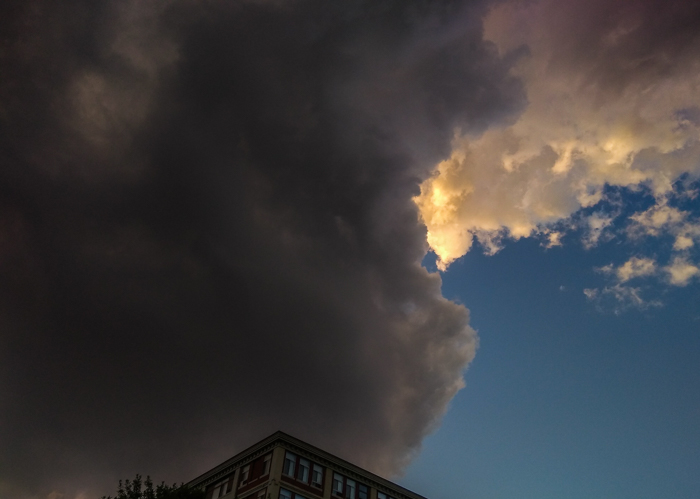
- Read more about Open Letter: Preventing COVID-19 in Housing
- Log in to post comments
Georgetown Housing Banishes COVID-19 and Bullying
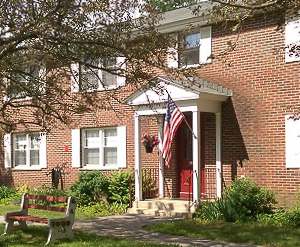
Public Housing in Georgetown: Trestle Way
Working together takes trust and solidarity. How is trust developed? What does it take for people to develop solidarity and community in a healthy way rather than toxic? I have examined situations that may help to understand these issues by comparing the healthy and the toxic, situations that exemplify the problem and/or a solution.
Here is the story of one public housing community, Trestle Way in Georgetown; the Director, Diane Drinan; and a generous town.
- Read more about Georgetown Housing Banishes COVID-19 and Bullying
- Log in to post comments
How to Protect Elderly and Disabled Tenants from COVID-19
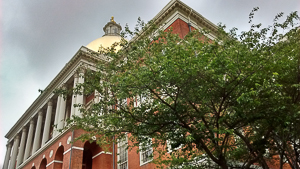
We can't relax as everyone reopens
Preventing hospitalization, death from COVID-19
Those of us who are elderly and/or disabled are at increased risk for COVID-19, especially those who live in public and subsidized multifamily housing, do now seek effective public health measures.
We must speak out at this time of the ongoing COVID-19 epidemic out of concern for the well-being of tenants of public and subsidized housing for elderly and disabled residents.
- Read more about We can't relax as everyone reopens
- Log in to post comments
An Open Letter: Public Health Information to Protect Tenants
June 15, 2020
To the Honorable Chairs and Members of the Joint Committee on Public Health
S2753 An Act to Ensure the Collection of COVID-19 Data
Greetings,
Community Norms, Social Distancing & Bullying
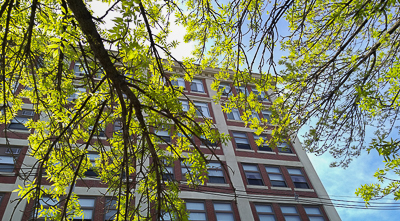
Introduction
Community norms can either promote a healthy, caring community or lead to a toxic community that is harmful. In public and subsidized housing for the elderly and disabled, failure to control bullying and mobbing (group bullying) creates a toxic community, while failing to prevent transmission of COVID-19 can create a deadly situation.
- Read more about Community Norms, Social Distancing & Bullying
- Log in to post comments
Vulnerable But Vigilant
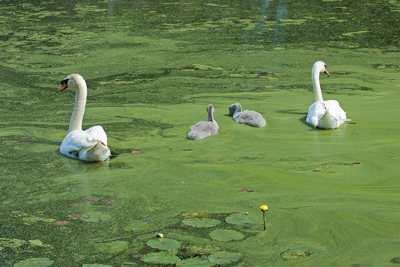
- Read more about Vulnerable But Vigilant
- Log in to post comments
